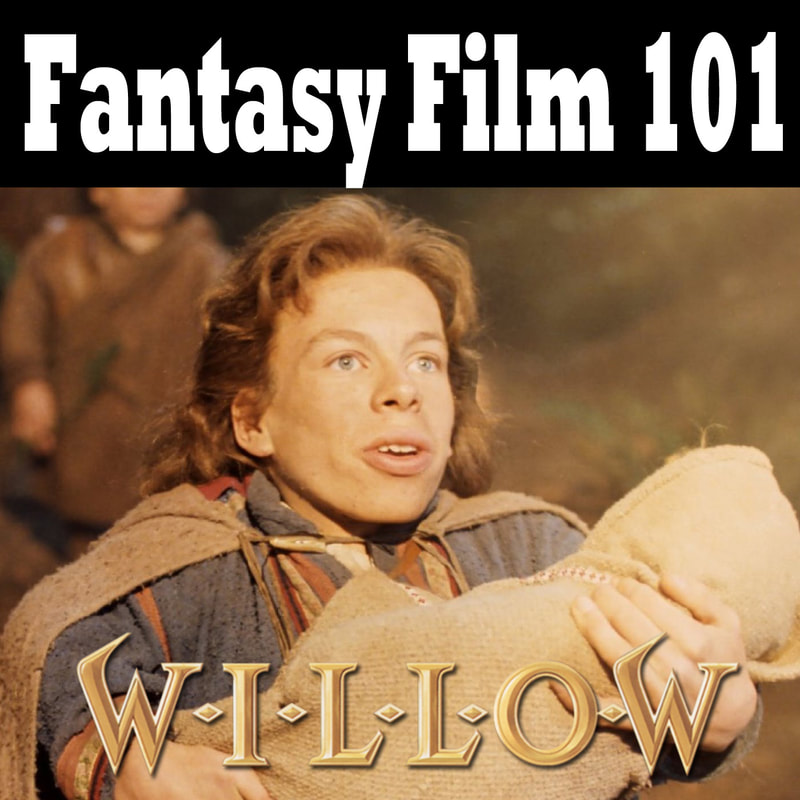Director Julie Buck takes footage from 1960 shot by her grandfather to explore her family's history, and the footage is double exposed, we're told that only happened with this one reel of 8mm film, and it's a haunting combination of images, with the 1960 Winter Olympics at Squaw Valley mixed with summer family imagery. Buck does voice over, talking a bit about the philosophy of film and its role within familial, and community, memory. Buck's voice-over flows with a natural cadence that never feels forced, as if she is simply talking to the viewer as they sit in an editing bay, reviewing the films of her grandfather. The speech never weighs down, even as the topic turns dark, heavy. We're given information that makes us confront a dark presence, we are forced to fit that into what we've already heard, what we are witnessing on the screen.
This is what being in a family with a secret is like.
Everyone knows one aspect, but you and those that are closest, know another. And often, the aspect you know is not continual, but a piece, usually folded up, hidden within for that moment when it unfurls and blistering applies itself to the situation. To the target. To you. It's this question of what is the reality of that person that hit me again and again as I re-watched Double Exposed so often. We see one thing, but we are told another that hits true and without question. The one thing we see, in the wider scene, is inconsequential in the light of what we are told, of what is recalled, and in that we are forced to question how we can take in what is shown the same way. The use of the footage, the gloriously imperfect double exposed footage, only raises a question, as Buck's narration does so well; is the experience of the footage negating the facts about the man who shot it?
The timing and pacing of Double Exposed is pitch perfect, because if it had been any other way, if the presentation had happened in any other order, it would have lost a question; how can this person give us that? And answering that question is what you'll be trying to do the moment the last frame fades.
You can see Double Exposed as a part of DocuNation at Cinequest - http://klausatgunpoint.weebly.com/klaus-at-gunpoint---the-blog/cinequest-2019-double-exposed




 RSS Feed
RSS Feed